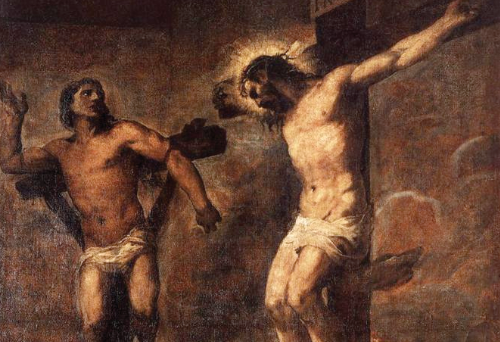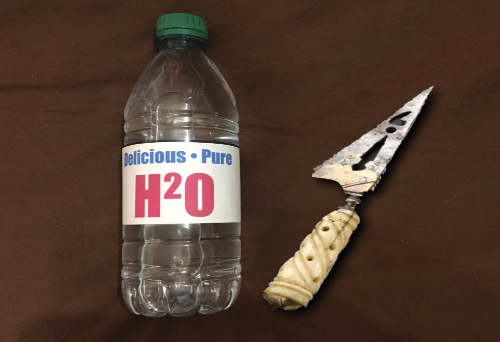
Well hello there. If you are just joining us, we are in the middle of a special series addressing the myriad of objections to water baptism. We began by way back in Podcast 012, “The Proponents,” where we discussed a bird’s eye view of the main issues. Next, we spent several Podcasts discussing nine scriptures commonly presented as proof texts by the anti-baptism side. Currently, we are going through the other common objections offered as arguments to prove baptism is not necessary for salvation. In this installment, we address that familiar phrase from the evangelical world,”Baptism is an outward sign of an inward grace.”
Baptism is an Outward Sign of and Inward Grace.
They explain it like this: “Baptism is done to a believer to demonstrate that God has already performed His saving grace in the believer’s life. In baptism, the believer is merely responding to that grace which has already saved them.”
Since these believers think they are already saved, water baptism becomes a symbol, or a ritual to confirm publicly what has already transpired, the forgiveness of sin. Remember, the evangelical world teaches, baptism has nothing to do with salvation.
Since baptism is just an outward sign of an inward grace, it’s not critical and there is no urgency. Accordingly, it’s common for congregations to schedule special baptism services a couple of times a year, at which time, new converts are given the opportunity to obey this Biblical command. I think urgency is important and I’ll tell you why in a moment. In the meantime, let’s test the claim that baptism is an outward sign of an inward grace.
Click here to read the rest of this post.Podcast: Play in new window | Download (Duration: 4:56 — 3.4MB) | Embed









